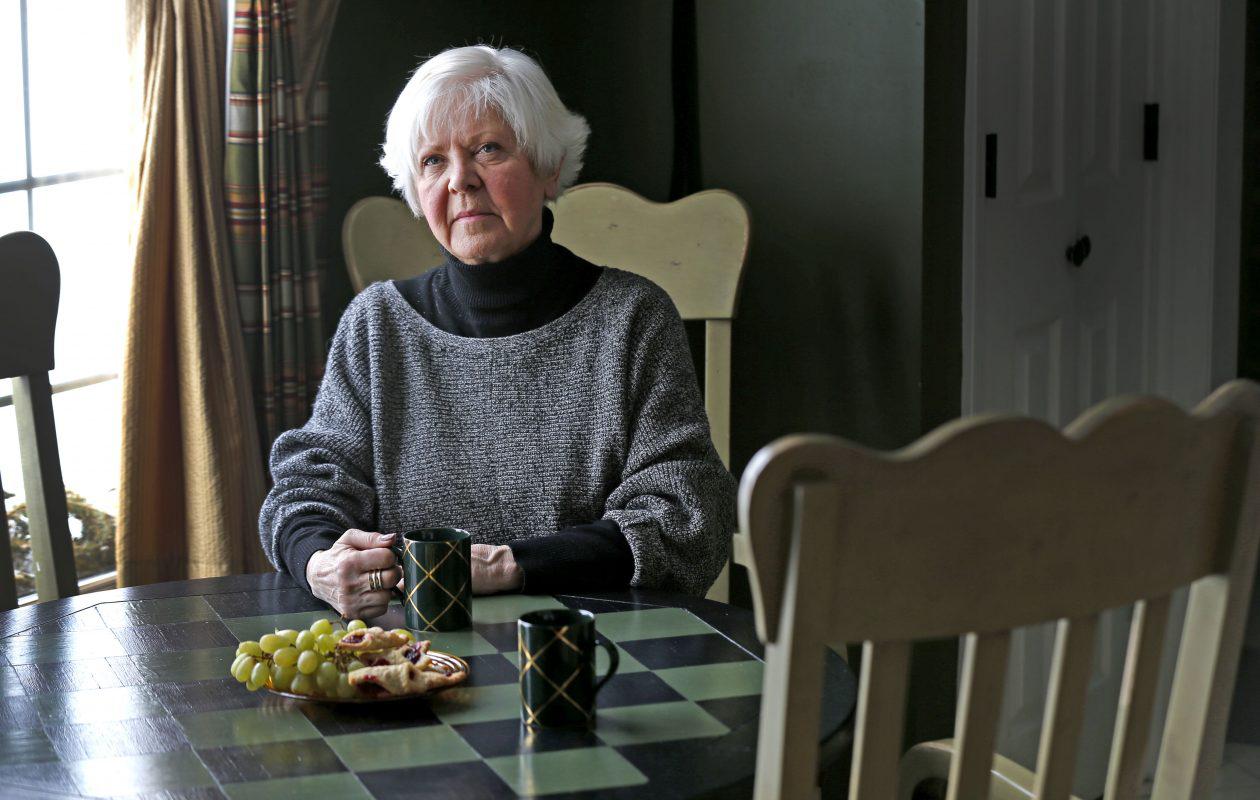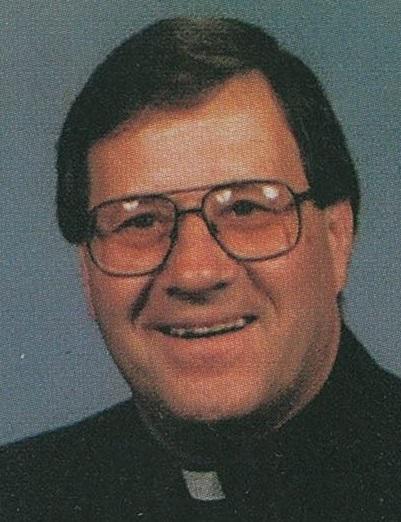|
Advocate: Many stories of sexual abuse by priests yet to be told
By Dan Herbeck
For the past 22 years, Judith Burns-Quinn has listened to the shocking and heartbreaking stories of people who were sexually abused by priests. Most of them, she said, are adult men who were molested as young boys and teenagers. "Every victim I've talked to has their own story, but for every one, the experience of being molested by a priest has had a profound impact on their life," said Burns-Quinn, 74. Burns-Quinn said she has spoken to about 40 such victims since 2002, when she became Buffalo coordinator for a national organization called Survivors Network of those Abused by Priests, or SNAP. "Every one I've talked to has had trouble with either drugs, alcohol, anger issues, parental issues, divorces, or all those things," she said. "They have problems with trusting people, especially people in authority. Their lives have been devastated…because a priest was someone they thought they could be trust." She has been closely following the latest developments this week, including Thursday's announcement from the diocese that it will create a fund to compensate people who were abused by clergy. In the view of Burns-Quinn, the diocese is taking those steps because its leaders are worried about the potential effects of a proposed law called the Child Victims Act that is being debated by state legislators. Strongly opposed by some religious organizations and the insurance industry, the proposal would make it easier for victims of abuse to file lawsuits against abusers and their employers. "I think the diocese is moving to settle as many cases as they possibly can, as soon as possible, because if this child victims law is passed, it will open up a huge window for a lot of new victims to come forward," Burns-Quinn said. "I think we are going to see a whole new wave of victims speaking out, and I also believe the 'Me Too' movement is giving people the courage to tell their stories." She said two new victims reached out to her this week in the wake of new public disclosures about a retired Catholic Diocese of Buffalo priest, Rev. Norbert F. Orsolits, who admitted to The Buffalo News that he abused "probably dozens" of young victims. Based on her interviews, Burns-Quinn said she believes there have been many more victims – and many more sexually abusive priests – than those whose stories have been made public in Western New York. "Your newspaper listed 19 priests who have had problems. I think the real number is double that many, maybe triple," she said. "It's an enormous problem in this community…much bigger than what has been made public." Why does she believe that? Burns-Quinn said she has talked to many victims who have told her about other victims, people who have never reported their experiences to police, the diocese, SNAP or anyone else. Based on her interviews, Burns-Quinn said she believes that many victims of abuse by local priests have reached legal settlements with the Buffalo Diocese, but have signed "non-disclosure agreements" to keep the settlements secret. Attorneys for Connors LLP, the law firm that handles most abuse cases for the Buffalo Diocese, said no local victim has "ever" been pressured by the diocese in any way to sign a non-disclosure agreement. The Buffalo diocese closely follows a charter adopted in 2002 by the nation's bishops, and that charter prohibits non-disclosure agreements in priest sex abuse cases unless the victim insists on it, said attorneys Randall D. White and Lawlor F. Quinlon. "Nobody from the Diocese of Buffalo has pressured anyone to keep silent about either allegations of clergy abuse or any settlement that might have been reached," Quinlon said. "If a settlement documents contains a confidentiality provision, it is because the person claiming abuse requested it. The vast majority of claimants want confidentiality and do not want to be in the news." If any victim of clergy abuse wants to speak publicly about it – even if they have filed a confidentiality agreement – the Buffalo Diocese "encourages him to do so and waives any confidentiality provisions," Quinlon added. White and Quinlon declined to discuss how many victims of clergy abuse have reached out-of-court settlements with the Buffalo Diocese or how much is typically paid in such settlements. They said the diocese has helped "many" victims with psychiatric counseling, medical expenses and other expenses, even when the individuals filed complaints that could not be verified because the alleged molesters have been dead for decades. Some figures on sexual abuse by local priests were released on Thursday by the diocese at a news conference featuring Bishop Richard J. Malone. The diocese said that, over the past 20 years, it has paid about $1.2 million to people who claimed sexual abuse by clergy. Since around 2005, the diocese said it has received as many as 20 sexual abuse complaints against priests. Between 1950 and 2004, the diocese said it received 93 complaints against 53 clerics. "The diocese does its best to help these people, even when there is no legal responsibility to do so because of the expired statute of limitations, or other legal reasons," Quinlon said. In the view of Burns-Quinn, the diocese does not do enough to expose priests who have engaged in behavior that has destroyed young lives. "The diocese should do more to publicize the priests who have had these problems," she said. "They need to expose and publish their names. That way, more people who were exposed by priests will come forward." Tears are often shed when she meets with victims in the living room of her Hamburg home or speaks with them on the telephone. She said victims sometimes share details of unspeakable crimes. Burns-Quinn, a retired funeral director, said she got involved in helping victims of priests because someone helped her when she was going through some emotional turmoil of her own in the 1990s. Someone else, she said, "helped me with what I was going through," she said. "I believe that, when you learn something valuable, it's your responsibility to teach it to someone else. My job is to listen to these people."
|
.
Any original material on these pages is copyright © BishopAccountability.org 2004. Reproduce freely with attribution.

